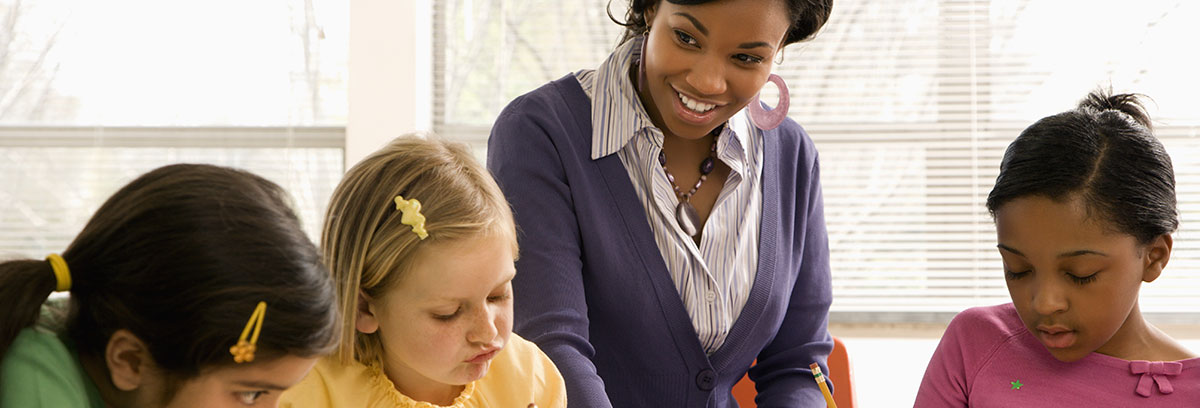As a school leader, I find myself cribbing Brené Brown’s wisdom quite frequently these days when leading weekly divisional meetings: “Give yourself grace,” I remind the faculty; or, “Give me a C+ effort, rather than an A.” The thing is no matter how many times I repeat these pithy aphorisms, the faculty won’t seem to compromise the high standards they set for themselves.
The faculty is not the only constituency group who has found it challenging to adhere to this guidance. Our students are similarly holding themselves to the same high standards they always have. The trouble is that the novel and challenging circumstances of life during a pandemic have widened the distance between effort and outcome – the same effort will no longer produce the same results. By trying to straddle this growing divide, students and faculty are feeling heightened levels of fatigue, stress, and anxiety.

As it has proven Sisyphean to convince students and faculty of the merits of a C+ effort, our goal as school leaders has to be to create the conditions wherein striving for an A is healthy and sustainable. One way to do this is by helping students and faculty feel supported and efficacious when they make mistakes.
Given the ubiquity and unavoidable nature of mistake-making right now, the issue is not whether mistakes will be made, but whether mistakes can serve as an instrument to enable learning, thus empowering rather than deterring the mistake-maker.
For us as school leaders, we need to support students and teachers to grow comfortable and confident in their ability to learn from mistakes by helping them to develop the skills and competencies to recognize, react to, and repair them. This is easier said than done, but there are two concrete changes all school leaders can make to help facilitate this shift: respond with humor and curiosity.
- The role of humor: You see, people have been conditioned to respond to their mistakes through a series of maladaptive coping mechanisms — ranging from blaming to justifying to ignoring — all of which we know inhibit learning from occurring. We also know that these responses are exacerbated when we, as school leaders, display aggravation, annoyance, or antipathy in the face of mistakes. As school leaders our goal has to be to help those around us switch their own dispositional response to mistakes, and one way to do this is by infusing our own with a little bit of humor. The research has found that humor can positively influence learning after a mistake. “Humor has a much more disarming, leveling, humbling, and most importantly, comforting effect than many might admit….a professional playfulness can relax tensions, and create a more collegial atmosphere for content exploration.” If handled properly, humorous moments can offer springboards for inquiry. School leaders set the tone for learning in the building, so when we approach mistake-making with a sense of humor, it can translate into those around us doing the same — chuckling at their own absent-mindedness before embarking on the serious work of learning from the mistake.
- The role of curiosity: The pace of change in education at the moment is unprecedented. New tools, technology, and techniques are being introduced and integrated into our practices like never before. As we try to engage distance learners, find ways to facilitate peer collaboration at 6-feet apart, and make our curriculum accessible across multiple platforms, we find ourselves in a ceaseless cycle of trial, reflection, iteration, and piloting — a cycle that, while essential to meet the moment, is resulting in us making more mistakes than ever before. So, how do we become increasingly tolerant of our own mistake-making, even while holding ourselves to the same high standards we always have? When astronomers started discovering inconsistencies in Aristotelian theory, their understanding of the universe got a lot more confusing before it got clearer. When you redo your kitchen, things look a lot messier before they look nicer. We want to remember that in the messy work of mistake-making, it is curiosity that leads to clarity. The research shows that curiosity is not one thing, but is made up of many others. These dispositions that underlie curiosity are what have been termed “stable traits.” These traits include goal-orientation, self-regulation, and a receptivity to feedback. At a time when there are no perfect answers, all we have is experimentation. And, with an increase in experimentation comes an increase in mistake-making. Rather than respond to our mistakes with volatility or emotion, we should instead respond with the stability of curiosity. The corollary to the endless diversity of mistake-making is the endless possibilities for learning. It is only logical that every type of mistake has a unique pathway counterpart that would enable learning to occur. So, rather than beat ourselves up, let us approach our mistakes with the sort of “stable traits” that will help us to learn.


